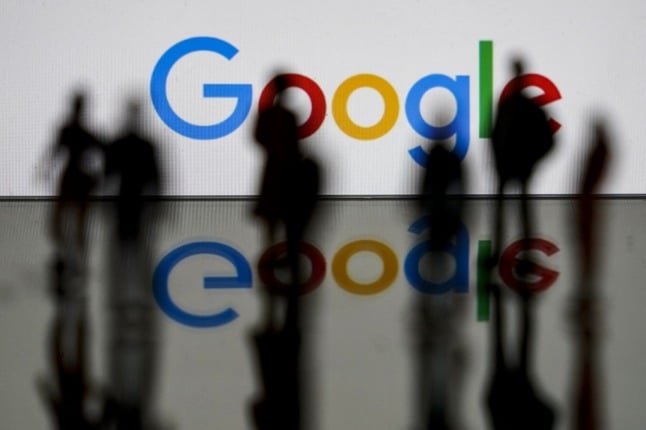The 61-year-old man is seeking one million kronor ($137,200) in damages for the financial losses he has incurred from the negative publicity. Through the lawsuit, he hopes to examine whether Google in Sweden can republish information that may constitute criminal defamation under the Swedish Penal Code.
“Google hides behind the fact that it itself does not publish any material, but serves as a database that picks up what others have written,” the man told Dagens Media.
The man admitted the chances of winning against Google are slim.
“I believe the odds are pretty bad. Google has so much money. It is so big. It cannot afford to lose such a trial,” he told Dagens Media. “It would mean that Google would have to take responsibility for everything they publish.”
The man hopes his lawsuit will lead to a debate about the search engine’s responsibilities.
“This will cost me hundreds of thousands of kronor if I lose,” he said. “However, I will still go through with it and I hope that it can start a debate.”
The man has notified police about the person he believes is spreading the rumours. However, while the investigation is under way, the police cannot trace who is behind anonymous blogs.
“My business and I have suffered serious harm. Socially, this is the worst thing you can experience in Sweden, being called a paedophile,” he said.
Several countries have won court cases against Google involving privacy and defamation. In a highly publicized court case in Italy, a judge sentenced three Google executives to suspended jail terms in February under Italy’s privacy laws. The case involved a clip uploaded to Google Video showing an autistic boy being bullied. The video was deleted after the search engine became aware of it.
Meanwhile, in Brazil, Google was convicted in 2008 for defamation involving comments calling a priest a paedophile and a thief with a lover on Google social networking site Orkut. Google’s appeal was denied earlier this week and the company was fined $8,500.
“Reading about the appeal in Italy was the first time I saw that one could go after Google,” the man said. “This falls under Swedish law and I believe you cannot transmit information that is against Swedish law.”
Journalist Andreas Ekström, who wrote the acclaimed book Google Code, does not believe a similar case has been tried in Sweden before. According to him, the crux of the case is determining whether Google actually publishes any information or serves as an an index to the information already available.
“Google is arguably only indexing,” Ekström said in the Dagens Media report. “However, many read Google’s search results without clicking through them. It may be reasonable to discuss Google’s responsibility.”
After the Dagens Media article was initially published on Wednesday, Google Nordic PR manager Andreas Svenungsson responded in an email, saying, “We have not been served anything and cannot comment on anything specific. Generally, it is important to remember that Google’s search results are a reflection of what is found on the internet. To remove links in Google’s indexing does not mean that it disappears from the internet. Occasionally, Google removes links to illegal content and those who wish to report such content can follow the steps here.”


 Please whitelist us to continue reading.
Please whitelist us to continue reading.
Member comments